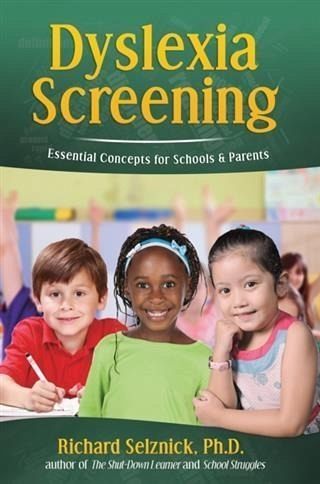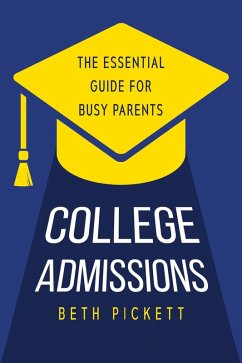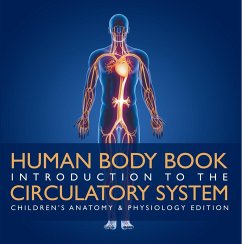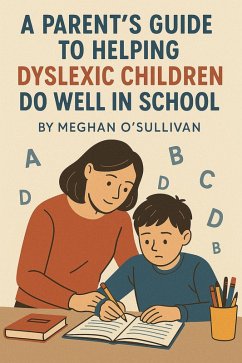
Dyslexia Screening: Essential Concepts for Schools & Parents (eBook, ePUB)

PAYBACK Punkte
8 °P sammeln!
Dyslexia refers to difficulty developing accurate and or fluent word recognition, along with poor spelling and decoding abilities. These problems are believed to arise from a neurological predisposition rather than instructional shortcomings. "Dyslexia Screening: Essential Concepts for Schools & Parents" is a guidebook intended primarily for school professionals, but will be useful for many other readers. Clinicians practicing outside the school setting, such as psychologists or learning specialists, will also find many of these concepts applicable to their practice. And this guide also will h...
Dyslexia refers to difficulty developing accurate and or fluent word recognition, along with poor spelling and decoding abilities. These problems are believed to arise from a neurological predisposition rather than instructional shortcomings. "Dyslexia Screening: Essential Concepts for Schools & Parents" is a guidebook intended primarily for school professionals, but will be useful for many other readers. Clinicians practicing outside the school setting, such as psychologists or learning specialists, will also find many of these concepts applicable to their practice. And this guide also will help parents understand the screening process and make informed decisions. The guidebook is intended to help you develop your professional judgment - it won't try to replace it, and it isn't meant to be a strict "how-to" manual. It offers one approach for thinking about dyslexia screening, and other experts in the field may take a different approach. With that in mind, you should use this guide as a tool. Take what is useful to you, and feel free to consult with others who offer different perspectives and ideas. Dyslexia screening is a tool for identifying children who may be at risk for dyslexia and for gathering information to assist those children and this guidebook will help walk schools through the process. A dyslexia screening can be performed by a range of educational professionals. Although it might be ideal for the screening to be conducted by someone specializing in learning disabilities (such as a school psychologist, reading specialist or special education teacher), the nice thing about dyslexia screenings is that practically any teacher can perform one.
Dieser Download kann aus rechtlichen Gründen nur mit Rechnungsadresse in A, B, BG, CY, CZ, D, DK, EW, E, FIN, F, GR, HR, H, IRL, I, LT, L, LR, M, NL, PL, P, R, S, SLO, SK ausgeliefert werden.













